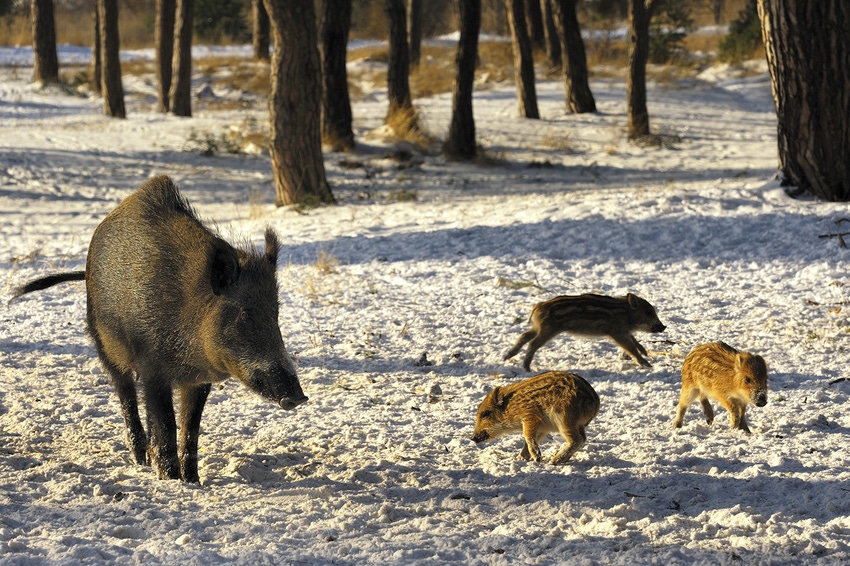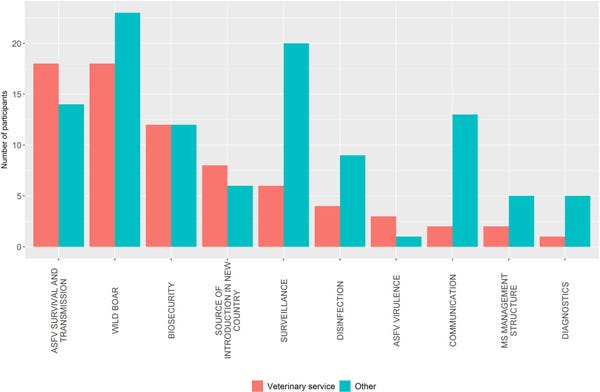EFSA conducts research gap analysis on ASF
European veterinary stakeholders asked to identify major research needs to improve short-term African swine fever risk management.

The most significant knowledge gaps in the prevention and control of African swine fever (ASF) were identified recently by European Union veterinary services and other stakeholders involved in pig production and wild boar management through an online survey, according to a scientific report published by the European Food Safety Authority (EFSA).
EFSA said the respondents were asked to identify the major research needs in order to improve short-term ASF risk management (Figure).
The agency reported that four major gaps were identified:
Wild boars;
ASF virus (ASFV) survival and transmission;
Biosecurity, and
Surveillance.
In particular, EFSA said the respondents stressed the need for better knowledge on wild boar management and surveillance and improved knowledge on the possible mechanism for spread and persistence of ASF in wild boar populations. The respondents also indicated the need for research on ASFV survival and transmission from the environment, different products such as feed and feed materials and potential arthropod vector transmission.
In addition, EFSA said several research topics on biosecurity were identified as significant knowledge gaps, with the need to identify risk factors for ASFV entry into domestic pig holdings, to develop protocols to implement specific and appropriate biosecurity measures and to improve knowledge about the domestic pig/wild boar interface.
Furthermore, potential sources of ASFV introduction into unaffected countries need to be better understood via an in-depth analysis of the possible pathways of introduction for ASFV, with a focus on food, feed, transport of live wild boars and human movements, EFSA reported.
Finally, the agency said research on communication methods to increase awareness among all players involved in the epidemiology of ASF -- including truck drivers, hunters and tourists -- and to increase compliance with existing control measures was another topic mentioned by all stakeholders.

About the Author(s)
You May Also Like



